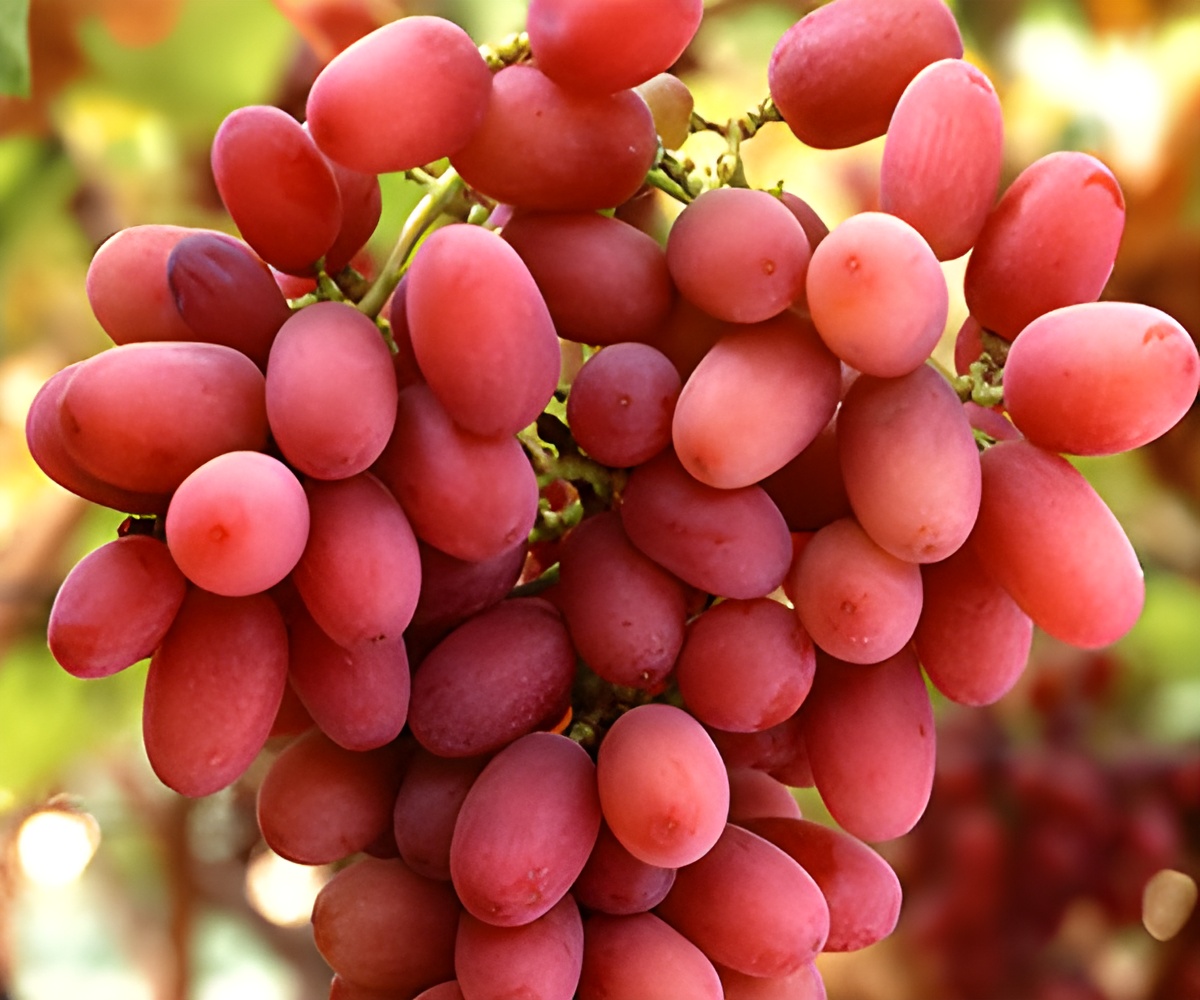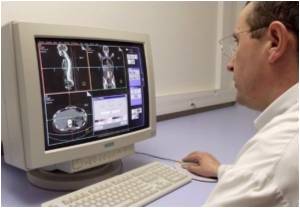Lower doses of resveratrol were twice as effective as the higher dose in stopping tumors growing, this effect was seen in animals fed a high-fat diet.

Samples of tumors from bowel cancer patients given different doses of resveratrol showed that even lower doses can get into cancer cells and potentially affect processes involved in tumor growth.
The study opens up new avenues for the role of purified resveratrol in preventing cancer, but suggests that it may only be effective for people with a specific genetic make-up, particular diets and lifestyles. It also doesn't mean that drinking red wine reduces cancer risk, as drinking alcohol increase the chances of developing the disease.
Karen Brown, professor of translational cancer research at the University of Leicester, said that this was an early laboratory research and the next stage is for clinical trials to confirm whether resveratrol has the same effects in people at high risk of bowel cancer. The study is published in the journal Science Translational Medicine.
Source-ANI















